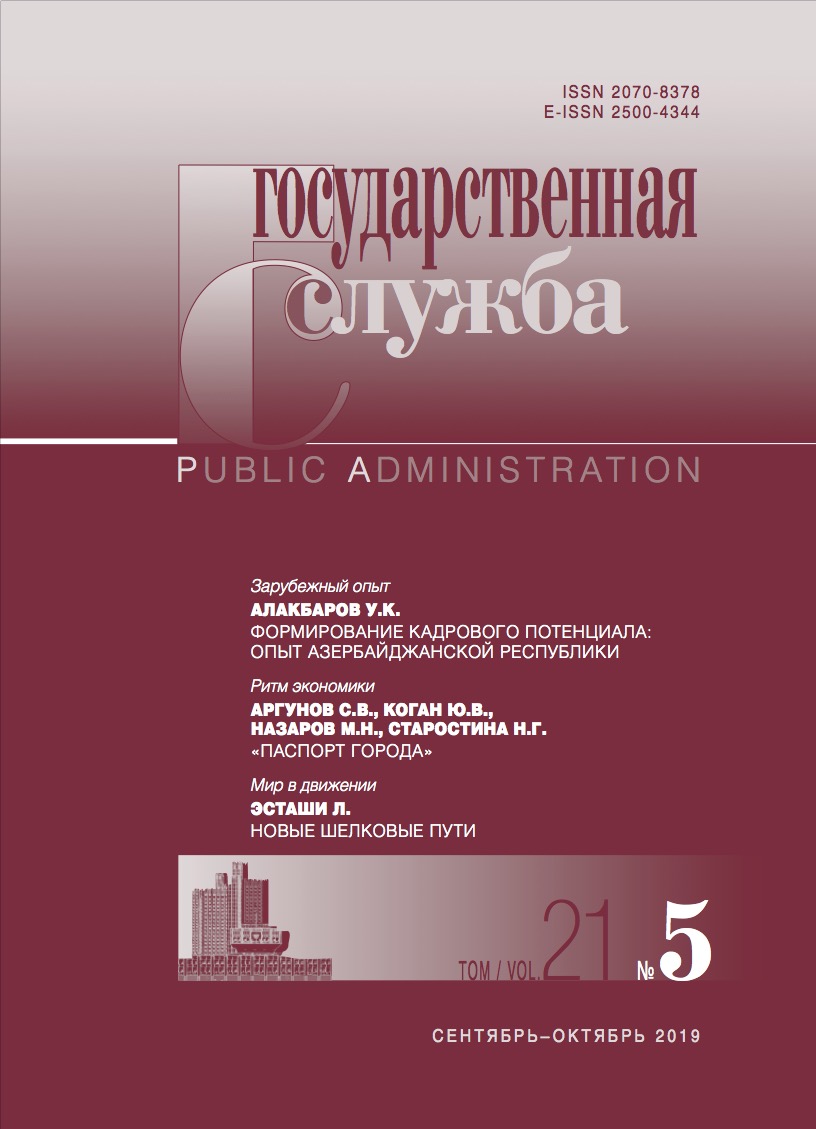Рекомендуемая ссылка на статью:
ЕЛЕНА ВАСИЛЬЕВНА ПОНОМАРЕНКОа
аРоссийский университет дружбы народов
DOI: 10.22394/2070-8378-2019-21-5-103-107
Аннотация:
Делая сравнительный анализ реформ высшего образования и науки во Франции и в России за последние годы, мы пришли к выводу, что при очевидном прогрессе реформ во Франции по ряду направлений намного успешнее реализуется связь образования и науки, внедрение в практику их инновационных результатов. Осуществляется это в рамках кластерной политики, развития полюсов конкурентоспособности, технополисов. Именно они стали основой продвижения новой экономической модели развития на базе экономики знаний в начале двухтысячных годов. Новый импульс стремительному развитию кластеров в европейских странах придали процессы цифровизации, проникнувшие во все сферы деятельности – в научные исследования, образование, коммерциализацию идей, производство новых продуктов. Теснейшая связь науки (университетской, академической), образования (высших учебных заведений, их лабораторий) и развития территорий (в первую очередь городов) с помощью цифровых технологий становится обыденной реальностью, двигателем общественного прогресса. Точки роста, которые появлялись в разных регионах и расширялись в рамках проектов, стали успешным результатом целенаправленной политики поддержки инноваций, способом выхода экономик целого ряда европейских стран из перманентных кризисов конца 1990-х и 2008–2009 годов.
Ключевые слова:
наука, образование, кластер, полюс конкурентоспособности, технополис (технопарк), инновации, смешанное финансирование инновационных проектов, цифровые технологии
Дата поступления статьи в редакцию:
30 сентября 2019 года
Литература:
Bretones D. Pôles de compétitivité, innovation et entrepreneuriat. Vie & Sciences de l’Entreprise. 2010. №. 185/186. Р. 189. In French
Chiffres 2013. Structure du système productif. Fiche thématique. Insee, 2016. In French
Competitive Regional Clusters: National Policy Approaches. Paris: OECD, 2007. In English
Etzkowitz H., Dzisah J. Rethinking development: circulation in the triple helix. Technology Analysis & Strategic Management. 2008. Vol. 20. No. 6. Published online: 23 Oct 2008. In French
OECD Reviews of Regional Innovation: Regions and Innovation Policy. OECD Publishing, 2011. In English
Point B., Erdyn T. Étude portant sur l’évaluation des pôles de compétitivité. Rapport global. 2012. 15 Juin. In French
Porter M.E. On Competition. Boston, Massachusetts: Harvard Business School Press, 1998. In English
Vers des pôles d’activités dynamiques: politiques nationales. Paris: OCDE, 2007. In French
Vissema J. University of the third generation. M.: Olimp-Business, 2016. In English
Статьи в режиме Open Access публикуются в соответствии с лицензией Creative Commons Attribution 4.0 International (CC BY).

